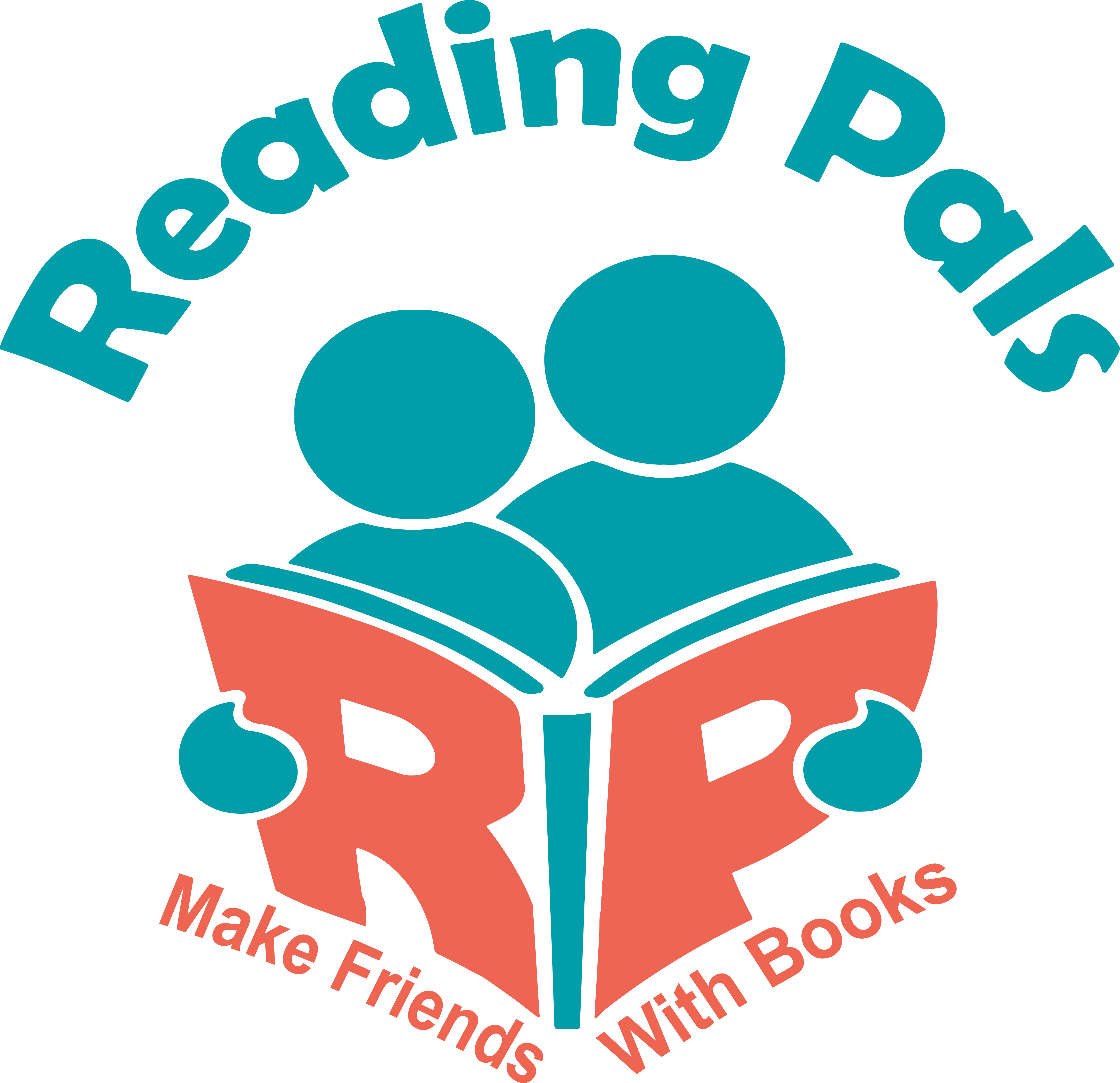Make Friends With Books
‘Our school has been using the Reading Pals Scheme for a little over an academic year now and we have seen a real impact in a number of learning behaviours linked to the scheme. All older pals that have been trained and their younger pals have indicated that they look forward to the sessions and enjoy reading more in a pupil voice survey. The sessions are always very well attended in school given that we have now trained two waves of older pals, but we have also seen a rise in the number of children voluntarily attending breakfast club to support younger readers. During a recent Ofsted inspection, the schools breakfast club was observed and the inspector commented positively on the reading focus at the sessions. He commented on the excellent peer support and skills in questioning.’ Emma Bolton – Headteacher at Queens Park Academy, Bolton
Anyone who loves reading knows how much benefit books bring to our lives. They fill our mind with interesting characters, give us safe and exciting places to escape to in difficult times, help us to make sense of the world, inspire and educate us.
Reading Pals is an intervention that is proving to increase children’s comprehension and their enjoyment of reading. The adjective most frequently used by children to describe Reading Pals is ‘fun.’ Adults running the sessions report that even children who are normally reluctant to read are coming happily to the sessions and proactively asking to be included in future sessions. Teaching the Older Pals the four levels of comprehension questions gives them the skills needed to help them and their younger Pal fully investigate the meaning of the text.

The ‘magic’ of the Reading Pals scheme lies in the cross-age relationships. The older children, some of who may even be reluctant readers themselves, love the new responsibility and engage in the activity and reading with enthusiasm. Similarly the Younger Pals are so pleased to have the support and attention of their older peers that they will happily engage in the activity, even if they normally lack confidence or interest in reading. The books work as a catalyst to develop their relationships, the relationships then increase the motivation to work together and develop reading skills and enjoyment. The children engage in interesting discussions stimulated by the books and the scripts that strengthen their relationships while developing vital speaking and listening skills. The discussions increase the relevance of the stories to the children’s lives and they experience for themselves how their lives can be supported and enriched by books.
Surveys conducted in the SHS/GiveABook/ReadingPals pilot illustrate how the scheme led to a positive rise in reading enjoyment and confidence after only a few weeks.



The comprehension scripts act as scaffolding to teach the Older Pals the different levels of questions that can be asked to ensure their reading partner has fully understood the text. The questions are chosen to encourage higher level thinking, interesting discussions and to help the children identify with and learn from the ideas in the books. Focusing on comprehension discourages ‘barking at print,’ when children appear to be reading fluently but are not fully comprehending what they are.
Many children do not have the opportunity to read to others, having this time with an peer helps their reading and gives them time where they feel they are ‘heard’ and their reading abilities are acknowledged and encouraged.

See the Contact page for information about cost to schools.

